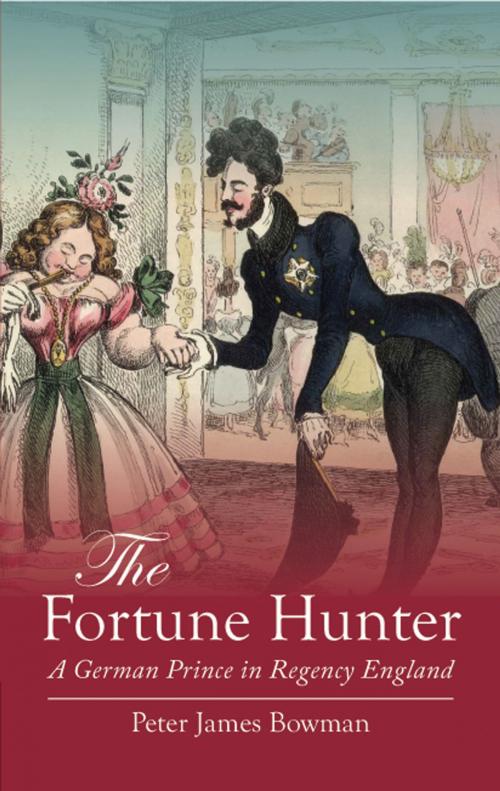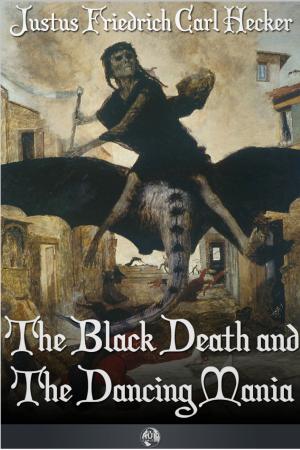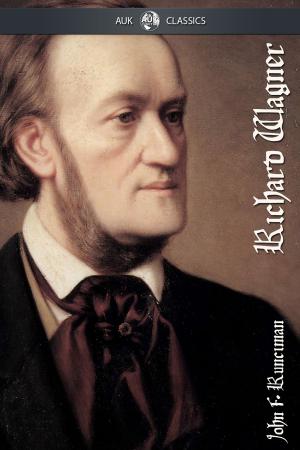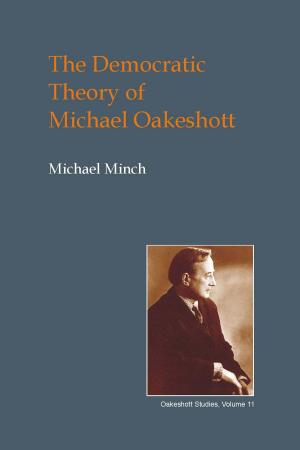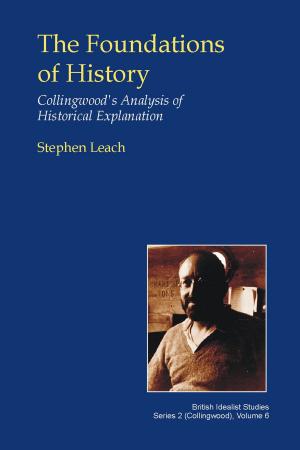The Fortune Hunter
A German Prince in Regency England
Nonfiction, History, Modern, 19th Century, British| Author: | Peter James Bowman | ISBN: | 9781908493286 |
| Publisher: | Andrews UK | Publication: | November 24, 2011 |
| Imprint: | Signal Books | Language: | English |
| Author: | Peter James Bowman |
| ISBN: | 9781908493286 |
| Publisher: | Andrews UK |
| Publication: | November 24, 2011 |
| Imprint: | Signal Books |
| Language: | English |
The two decades after Waterloo marked the great age of foreign fortune hunters in England. Each year brought a new influx of impecunious Continental noblemen to the world’s richest country, and the more brides they carried off, the more alarmed society became.The most colourful of these men was Prince Hermann von Pückler-Muskau (1785-1871), remembered today as Germany’s finest landscape gardener. In the mid-1820s, however, his efforts to turn his estate into a magnificent park came close to bankrupting him. To save his legacy his wife Lucie devised an unusual plan: they would divorce so that Pückler could marry an heiress who would finance further landscaping and, after a decent interval, be cajoled into accepting Lucie’s continued residence. In September 1826, his marriage dissolved, Pückler set off for London.Pückler is the most intelligent of the overseas visitors who noted their impressions of Regency England. His matrimonial quest brings him into contact with such luminaries as Walter Scott, George Canning, Princess Lieven, Nathan Mayer Rothschild, Beau Brummell and John Nash. The object of many rumours and caricatures, the prince sticks doggedly to his task for nearly two years. And just when it seems that he has failed, England fills his coffers in the most unexpected way, and in doing so launches him on a new career.In telling the story of Pückler’s adventures in the context of the trend for Anglo-European marriages based on the exchange of a title for money, The Fortune Hunter writes a new chapter in the history of England’s relationship with its Continental neighbours.
The two decades after Waterloo marked the great age of foreign fortune hunters in England. Each year brought a new influx of impecunious Continental noblemen to the world’s richest country, and the more brides they carried off, the more alarmed society became.The most colourful of these men was Prince Hermann von Pückler-Muskau (1785-1871), remembered today as Germany’s finest landscape gardener. In the mid-1820s, however, his efforts to turn his estate into a magnificent park came close to bankrupting him. To save his legacy his wife Lucie devised an unusual plan: they would divorce so that Pückler could marry an heiress who would finance further landscaping and, after a decent interval, be cajoled into accepting Lucie’s continued residence. In September 1826, his marriage dissolved, Pückler set off for London.Pückler is the most intelligent of the overseas visitors who noted their impressions of Regency England. His matrimonial quest brings him into contact with such luminaries as Walter Scott, George Canning, Princess Lieven, Nathan Mayer Rothschild, Beau Brummell and John Nash. The object of many rumours and caricatures, the prince sticks doggedly to his task for nearly two years. And just when it seems that he has failed, England fills his coffers in the most unexpected way, and in doing so launches him on a new career.In telling the story of Pückler’s adventures in the context of the trend for Anglo-European marriages based on the exchange of a title for money, The Fortune Hunter writes a new chapter in the history of England’s relationship with its Continental neighbours.
